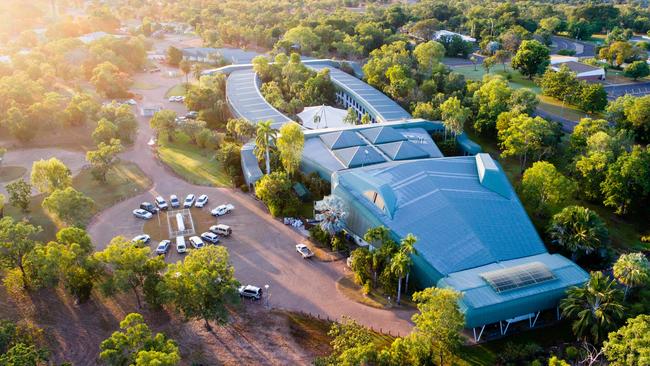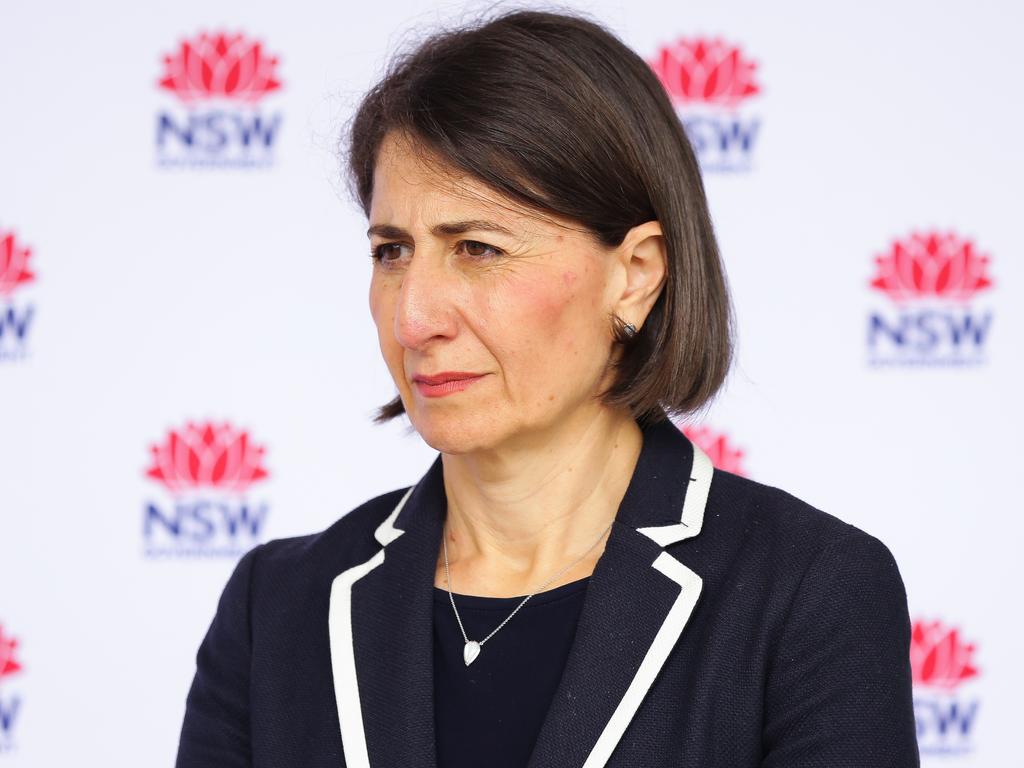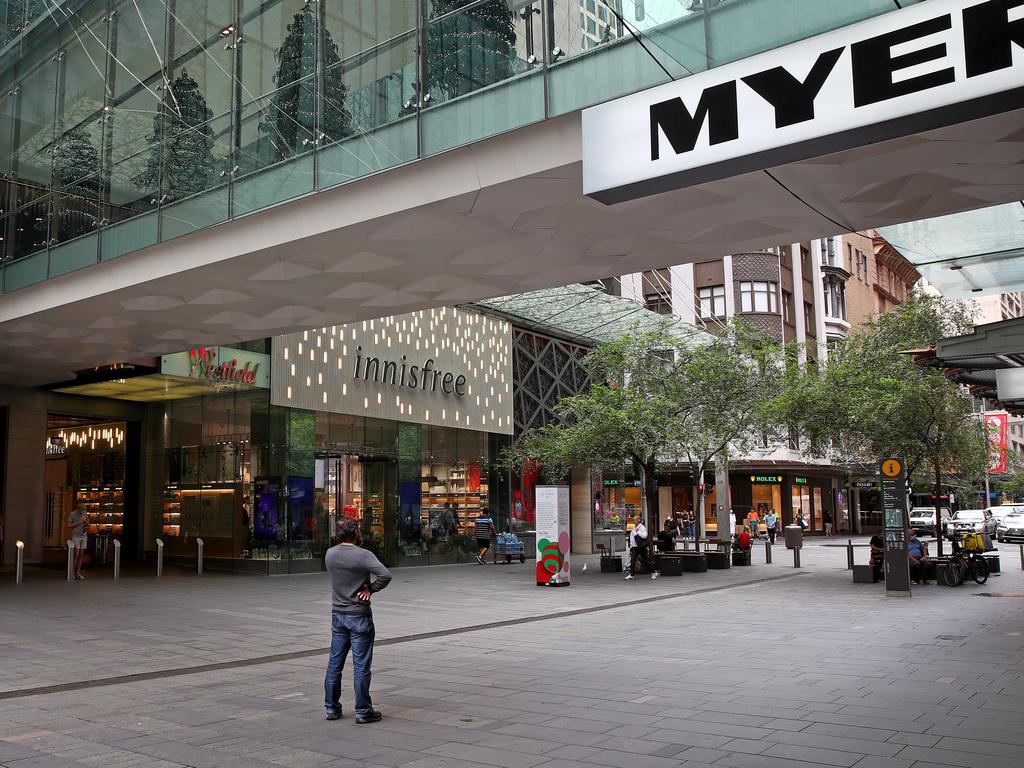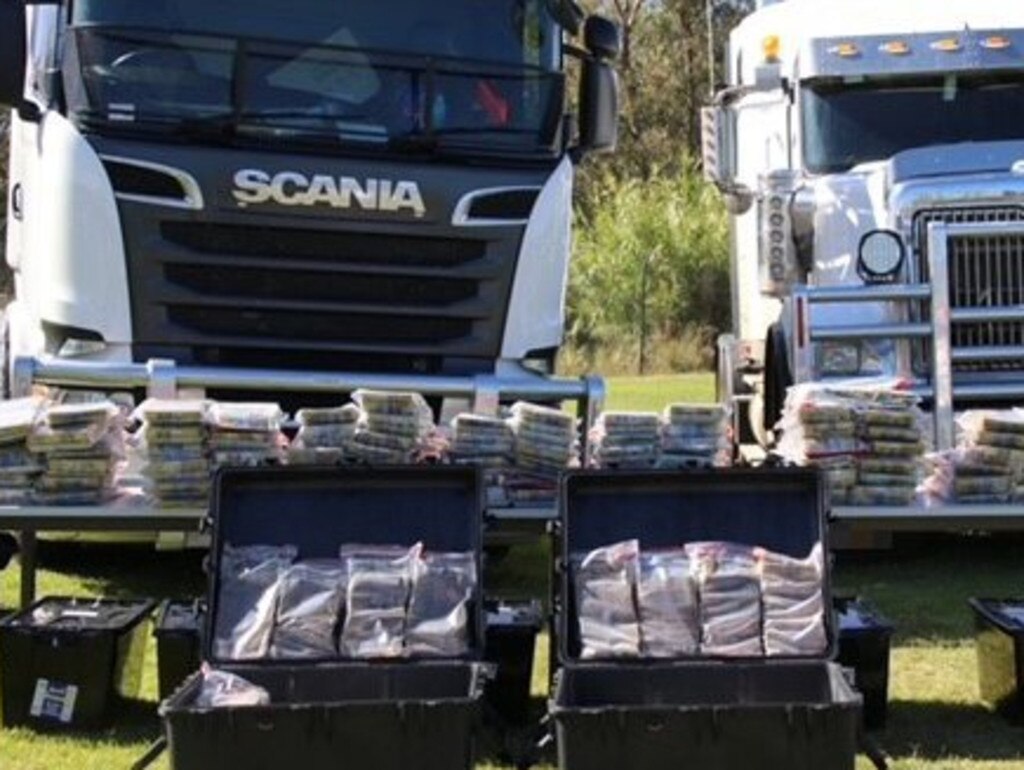Millions at stake in Kakadu conflict
An Aboriginal body set up to manage royalties from the Jabiru uranium mine has been plunged into turmoil.

An Aboriginal organisation set up to manage millions of dollars worth of royalties from the Jabiru uranium mine — and that now owns stakes in some of Kakadu’s best tourism assets — has been plunged into turmoil amid a push by managers to wind it up.
The push, which key traditional owners say began without their knowledge or consent, has sparked allegations of vote-rigging and conflicts of interest, calls for an investigation and fears that a powerful minority stands to benefit while many needy locals lose out.
The controversy comes just months after an outcry over dangerous fires, a helicopter crash and allegedly illegal works on a sacred site forced the ouster of two top federal Environment Department bureaucrats and landed the agency in court.
Gagudju Association Inc. was established in 1980 to handle royalties from the Ranger uranium mine on the edge of the World Heritage-listed Kakadu National Park. That responsibility shifted after poor governance in the 1990s led to claims more than $30m was wasted on “white lawyers”, accountants and alcohol.
Gagudju now owns stakes in Jabiru’s famous crocodile-shaped hotel, a profitable service station and a lodge at Cooinda, the launch point for the spectacular Yellow Water cruise.
Auditors examining Gagudju’s 2019 accounts qualified their opinion with a warning that about $50,000 worth of payments might not be “consistent with” the law.
A police investigation this year found no evidence of criminal activity amid reports of hundreds of thousands of dollars of allegedly “suspicious” payments. But concerns persist, including about six-figure increases in some of Gagudju’s expenses.
The motion to shutter Gagudju was presented to members at a special meeting on December 14.
Kakadu Board of Management chair Maria Lee told The Australian she and other leaders were not consulted in advance and did not support the idea. “The proposal was to wind up Gagudju, but people didn’t want to do that,” she said.
“If other organisations want Gagudju’s assets, they should buy them so everyone benefits.”
Mai Katona, another Gagudju member, said the wind-up plan was premised on land tenure changes scheduled for June when the mining company hands the town of Jabiru to the Mirarr traditional owners. She believed the urgency was unnecessary.
“This is all about money. It’s all about money and controlling Kakadu,” she said.
“A minority is trying to get control … it’s an absolute mess.”
Both women called for Gagudju to be independently investigated and its assets — together worth about $15.6m, according to documents shown at the meeting — given to a trusted third party to manage in the meantime.
A letter tabled at the meeting and signed by 10 senior figures, including several traditional owners, claimed proxy-vote manipulation and other techniques were being used to skew decisions and appoint members of certain groups to crucial positions.
“If the Gagudju Association is to wind up, this is a decision that must be put to and determined by the whole GAI membership. It is not a decision to be made by a dubiously elected few,” it reads
Gagudju chief executive Claire Thompson said the December 14 meeting was “the first step in a much larger process”.
“Further, more focused family/clan meetings have been offered and will be carried out in order that the membership is fully informed, before being asked to come together for a decision on this important matter,” she said.
“The aim of the committee, if the membership were to ultimately approve winding up, is to ensure that other organisations’ members are (receiving) as much funding by way of distribution as possible.”
Concerns about weak governance, “branch stacking” and financial irregularities were also raised in a letter signed by more than 25 people and sent to the Northern Land Council’s chief executive, Marion Scrymgour, in late 2019, asking her to intervene.
Ms Scrymgour said in a statement that the NLC “maintains a watching brief over discussions about the future of the Gagudju Association into 2021”.
The wind-up plan put to members last week would see three Kakadu Aboriginal organisations each get about a quarter of Gagudju’s assets, with the remainder divided into smaller shares.
Members objected that some of the organisations slated to receive money operated far from Kakadu, and that the body identified to take control of Gagudju’s stakes in the Crocodile Hotel and the Jabiru service station, Gundjeihmi Aboriginal Corporation, had also found itself under investigation following a surprise police raid in late 2019.
Little has been said publicly about the raid. But the overseeing body, the Office of the Registrar of Indigenous Corporations, lacks search and seizure powers, meaning it would have needed approval from a magistrate for a special warrant.
The raid was timed to coincide with a promotional event in Canberra attended by Gundjeihmi staff. A source familiar with such warrants said they required substantial grounds to obtain.
ORIC declined to comment, citing the ongoing investigation. Gundjeihmi chief executive Justin O’Brien, in a statement, said the organisation “believes that the warrant served on the corporation was invalid and the subsequent search unlawful”.
Fred Hunter, a Gagudju member, said the Mirarr, who are represented by Gundjeihmi, could reasonably expect rights over what was on their land.
But he complained that he and many others stood to receive nothing under the existing wind-up plan. “Not every Gagudju member is a member of another organisation,” he said.








To join the conversation, please log in. Don't have an account? Register
Join the conversation, you are commenting as Logout